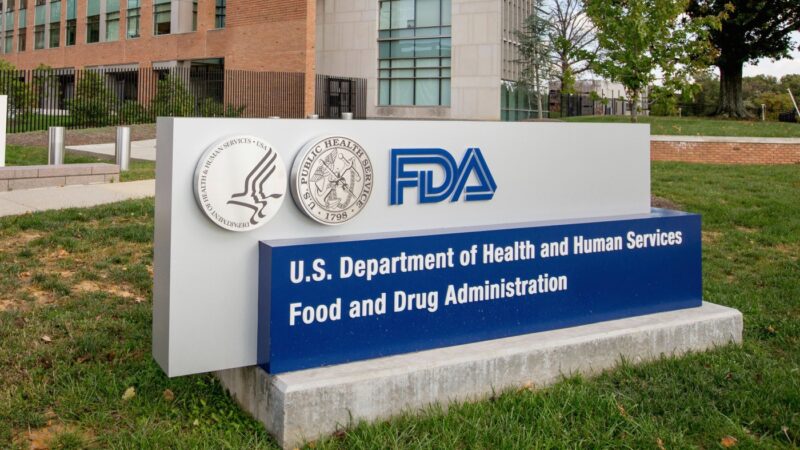Unapproved and Potentially Unsafe Semaglutide Compounds Flood the Market Amidst Shortage
The Food and Drug Administration (FDA) has recently raised concerns over the sale of modified glucagon-like peptide-1 (GLP-1) drugs, particularly semaglutide, prompting a warning to consumers. The United States has been grappling with a shortage of Ozempic and Wegovy, two vital drugs used to treat type 2 diabetes and obesity, since May 2023. Unfortunately, this scarcity has led to the emergence of online pharmacies and uncertified sources selling GLP-1 drugs compounded with different ingredients than those found in approved medications.
Compounded semaglutide, the unapproved alternative flooding the market, has drawn the FDA’s attention due to its potential risks and lack of regulation. Compounded drugs are not subjected to FDA approval, meaning their safety and effectiveness are not verified by the agency. Dr. Kelly Johnson-Arbor, co-medical director of the National Capital Poison Center, warns that compounded drugs can harbor unwanted contaminants or possess unequal potency compared to FDA-approved medications. There have been instances where individuals fell severely ill or even lost their lives due to other compounded drugs.
In some cases, the compounded semaglutide drugs were found to be made with salt forms of semaglutide, such as semaglutide sodium and semaglutide acetate. These versions differ from the FDA-approved semaglutide sold under the brand names Ozempic and Wegovy. The safety and efficacy of these salt versions have not been established, leaving uncertainties regarding their health risks. Dr. Dan Azagury, an associate professor of surgery at Stanford Healthcare, emphasizes the risks associated with using uncontrolled substances, likely imported illegally into the U.S., with no knowledge of their contents.
The Alliance for Pharmacy Compounded has stated that compounded semaglutide should not be sold by compounding pharmacies, as it does not meet the rigorous compounding standards required. Compounding pharmacies are legally allowed to provide certain medications tailored to specific patient needs, such as removing allergens. However, in the case of semaglutide, the molecule is primarily manufactured by Novo Nordisk, leaving no reliable alternative sources. Compounding should never serve as a substitute for commercial products like Ozempic, except for specific cases where adjustments to dosage, administration route, or availability for special populations are required.
To avoid purchasing off-brand or compounded versions of semaglutide, it is crucial to obtain a prescription from a licensed healthcare provider and obtain the medication from a state-licensed pharmacy or an FDA-registered facility. The Alliance for Pharmacy Compounded advises against relying on unreliable online retailers. Authentic online retailers should be licensed, regulated, and supply drugs produced by Novo Nordisk. The FDA’s BeSafeRx website offers guidance on evaluating the legitimacy of online retailers. It is important to be cautious of significantly cheaper versions of semaglutide, as they may be intended only for research purposes and not approved for human use.
If you suspect that you have taken or purchased compounded semaglutide, it is vital to report the incident to the FDA’s MedWatch Adverse Event Reporting system. Consulting a certified healthcare provider is recommended for obtaining the drug in a supervised process with proper support. In the event that semaglutide is inaccessible due to the shortage, alternative drugs within the same class are available. Patients are encouraged to discuss other options with their doctors or pharmacists.
In conclusion, the FDA’s warning about modified GLP-1 drugs, including semaglutide, sheds light on the shortage of Ozempic

